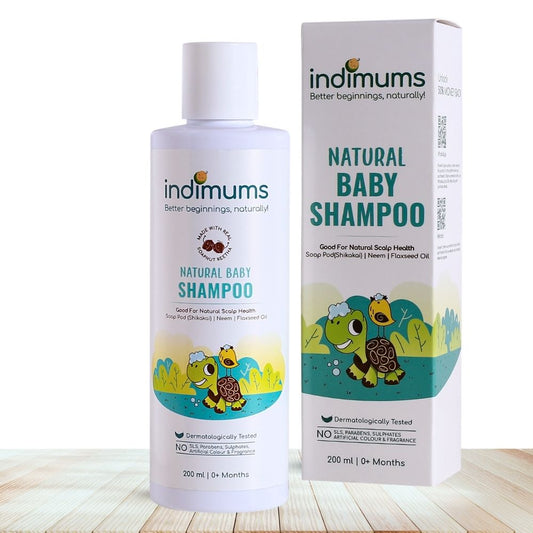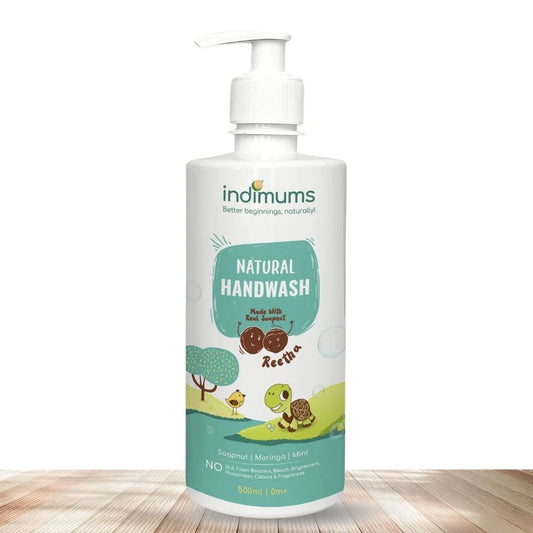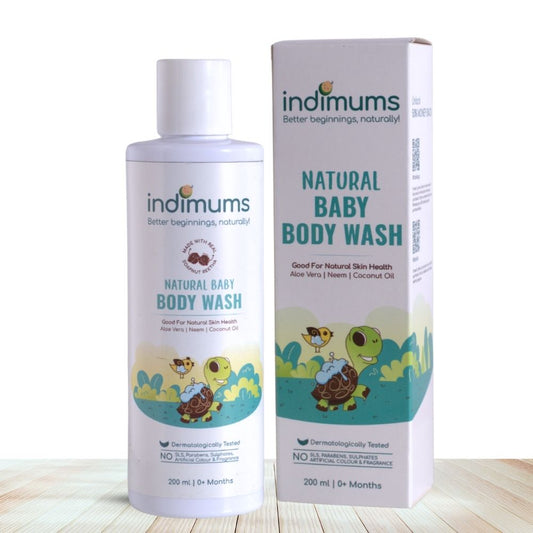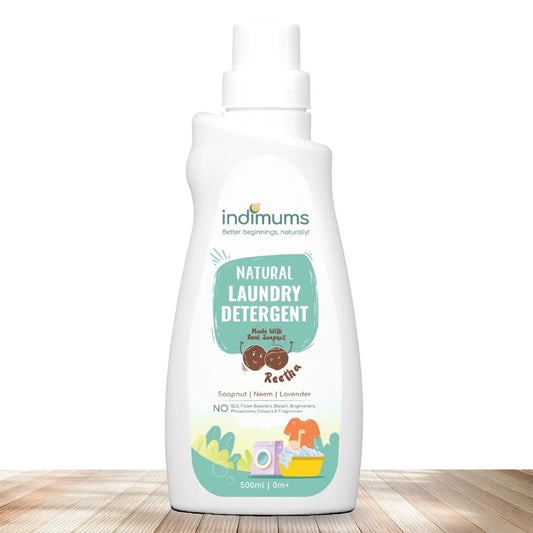Becoming a parent is one of the most life-changing experiences. First-time parents often enjoy the moments with a mix of excitement and nervousness. Taking care of a newborn feels overwhelming, but the right newborn infant care can make it a very rewarding journey. This blog looks at infant care basics to take you through this beautiful time with confidence.
Feeding Your Newborn
One of the most important aspects of care for a newborn is feeding. Newborn babies are supposed to be fed at every 2-3 hour intervals with either breast milk or formula. Breastfeeding is very good for nutritional and bonding benefits, but formula feeding is an excellent alternative when it's impossible to breastfeed. Make sure to burp your baby after each feeding for comfort.
Safe Sleep
Safe sleep practices are very important in the first-time parent guide to caring for infants. Babies should sleep on their backs on a firm mattress, free from soft bedding, pillows, or toys. This reduces the risk of SIDS. Keep the room at a comfortable temperature and ensure your baby's crib meets safety standards.
Bathing and Hygiene
You do not need to bathe your newborn every day. A bath 2-3 times a week is sufficient. Do not bathe your infant in a bathtub until the umbilical cord stump falls off. Clean your baby with mild baby soap and lukewarm water. It is important to keep the skin moisturized with baby-friendly lotion, which is one of the basic infant care.
Diapering Tips
Newborn babies will require diaper changes often, almost 8-10 times a day. Ensure to have enough diapers, wipes, and rash cream on hand. Always clean the baby properly with every diaper change to avoid rashes and infections.
Bonding and Emotional Care
Touch, eye contact, and talking to babies are all crucial in emotional growth. Holding and cuddling babies is important not only for building a good bond between the parent and the infant but also for the care of a newborn infant.
Baby Signals
Understanding the cues of your baby is an essential part of infant care basics. Learn to differentiate between hunger cries, discomfort signals, or sleepy murmurs. Responding promptly to their needs fosters trust and security.
Health and Doctor Visits
Newborns need regular check-ups to monitor growth and development. Stick to your pediatrician's recommended vaccination schedule and discuss any concerns about your baby's health.
Self-Care for Parents
A first-time parent guide wouldn’t be complete without emphasizing self-care. Balancing rest, proper nutrition, and shared parenting responsibilities ensures you’re better equipped for newborn infant care.
It can be intimidating to master the care of newborn infants, but learning the basics of infant care and following this guide for a first-time parent will make it possible for you to feel confident in your parenting journey. Remember, each baby is unique, so modify these tips to meet your little one's specific needs. Parenting is a learning process do it with love and patience!




